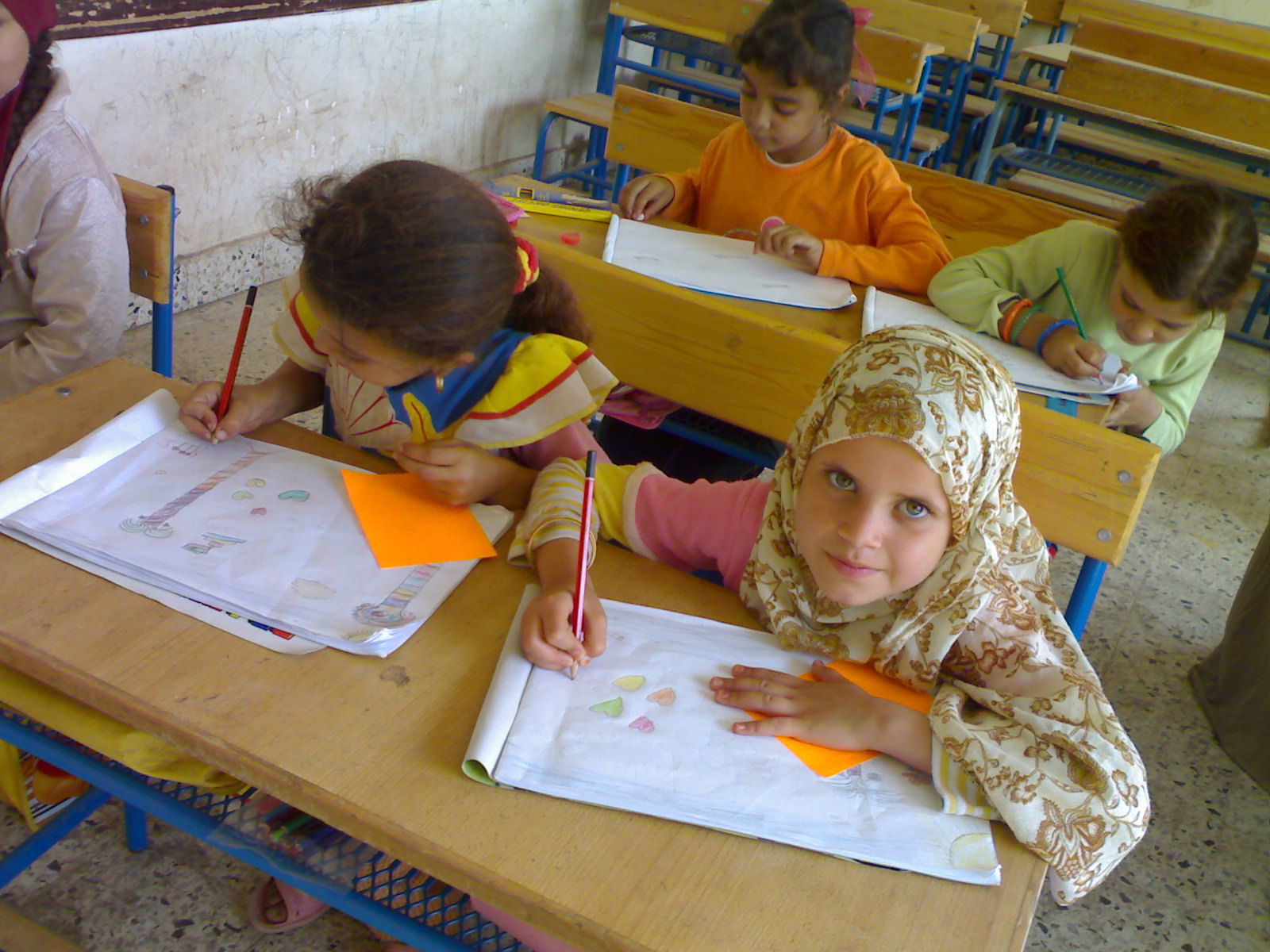In 2011, the Arab Spring gave Egyptians hope for real social change, in particular that a new political climate would permit overdue reforms of a deficient education system. But three years later, education in Egypt still remains highly deficient, according to education professionals and experts who gathered this month at a panel on education at the Goethe-Institut Cairo. In August 2011, Germany entered into a transformation partnership with Egypt to foster the country’s transition towards democracy, in particular to help introduce reforms in education. As such, since 2012, the German foreign ministry has funded the expansion and redevelopment of several education projects in Egypt, both inside and outside of the school system, including specialist and advanced teacher training. When professionals in Egypt’s education sector gathered on May 14 in Cairo to review the success of these projects so far, they agreed that much still remains to be done. Illiteracy continues to be widespread. In 2012, there were up to 16 million illiterates in the country, most of them women, according to an estimate by Egyptian state’s Central Agency for Public Mobilization and Statistics (CAPMAS). Despite article 19 of the new…



